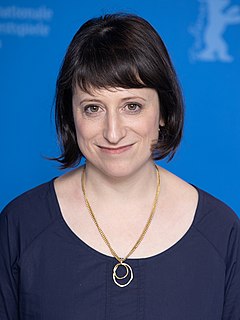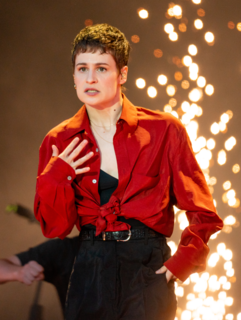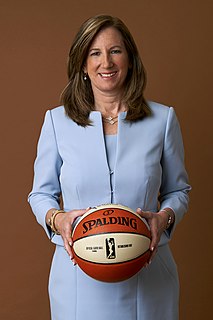A Quote by J. G. Ballard
Nudity in photography, whether involving adults or children, is a subject sinking under a freight of political and moral disapproval it could never hope to support, and this is not the place for me to get out the bilge pump. I will only say that critics who tremble so fiercely at the thought of the voyeuristic male gaze miss the point that distance generates mystery and enchantment, and expresses the awe with which the male imagination regards all women.
Quote Topics
Adults
All Women
Awe
Children
Could
Critics
Disapproval
Distance
Enchantment
Expresses
Fiercely
Freight
Gaze
Get
Hope
Imagination
Involving
Male
Me
Miss
Moral
Mystery
Never
Nudity
Only
Out
Photography
Place
Point
Political
Pump
Regards
Say
Sinking
Subject
Support
Thought
Tremble
Whether
Which
Will
Women
Related Quotes
The word revolution itself has become not only a dead relic of Leftism, but a key to the deadendedness of male politics: the revolution of a wheel which returns in the end to the same place; the revolving door of a politics which has liberated women only to use them, and only within the limits of male tolerance.
The bonding of women that is woman-loving, or Gyn/affection, is very different from male bonding. Male bonding has been the glue of male dominance. It has been based upon recognition of the difference men see between themselves and women, and is a form of the behaviour, masculinity, that creates and maintains male power… Male comradeship/bonding depends upon energy drained from women.
In the middle-class United States, a veneer of "alternative lifestyles" disguises the reality that, here as everywhere, women's apparent "choices" whether or not to have children are still dependent on the far from neutral will of male legislators, jurists, a male medical and pharmaceutical profession, well-financed lobbies, including the prelates of the Catholic Church, and the political reality that women do not as yet have self-determination over our bodies and still live mostly in ignorance of our authentic physicality, our possible choices, our eroticism itself.
I joined a very male-dominated profession back in 1986. I wanted to work with big multinational Fortune 500 companies, but you don't come into the firm and automatically get those. So, quite frankly, a key to my success was that I found male mentors and male sponsors. I think some women are afraid to say that.





































